|
The situation in the Red Sea has become more complex in recent months. To protect their crews, ships and cargo, shipping companies are changing their routes to avoid the Red Sea and go around the Cape of Good Hope at the southern tip of the African continent. However, the risk zone in the Red Sea has expanded and attacks are occurring in areas further from the coast. As a result, ships have to take longer routes, which increases the time and cost of bringing the coffee to Barcelona. Due to the above, the transit time of our shipment from Kenya was extended to 60 days, which is double the usual transit time. Furthermore, upon reaching the Mediterranean, ships are being diverted to ports in Morocco and Spain, which causes serious overcrowding and congestion in container unloading. All major shipping companies are using these ports for transhipments, putting immense pressure on port capacities in the Mediterranean region and pushing them to the limit.
0 Comments
As we enter 2024, we find our purchase planning clouded by uncertainty and doubt. As you may know, the new EU Deforestation Regulation (EUDR) requires companies trading coffee and other commodities such as livestock, cocoa, oil palm, rubber, soy and timber, as well as products derived from these, to carry out extensive due diligence in the value chain to ensure that the goods are not the result of recent deforestation, forest degradation or violations of local environmental laws. European importing companies will need to prepare for the new obligations that will apply from 30 December 2024. From the importer's perspective, the EUDR will require companies to digitally map their supply chains back to the farms where the coffee was grown, which could involve tracking thousands of small farms in remote regions. This is obviously impossible to do, because importers do not directly visit all the smallholders we work with and rely in part on data provided by local exporters, some of whom also do not deal directly with coffee farmers.
Tensions spilling over from the war in Gaza to merchant ships in the Red Sea escalated on Saturday when media reported that the Israeli military had shot down more than a dozen unmanned attack drones. The Houthis, an armed group that controls much of northern Yemen, have been carrying out drone and missile strikes against Israeli and US targets since the Hamas-led attacks on Israel on October 7. They have said they intend to prevent Israeli ships from sailing in the Red Sea until Israel stops its war against Hamas, which rules Gaza.
It's a question we get a lot, especially when we have popular coffees such as Ethiopia or Kenya coming in. Although the logistical process is not difficult per se, it involves so many steps that this, make it complicated. Therefore, it requires proper planning and coordination. At each of these steps there is a risk for quality of the coffee to be affected if anything goes slightly wrong. As we know, the quality of coffee is determined by the quality of the harvest, i.e., how ripe the cherry is when it is removed from the coffee tree. This is the maximum point of quality in the production chain, after that, everything is deterioration, or at best, maintenance. The task of getting your coffee from the plant to your roastery is what we call coffee logistics. It is a process that consists of three main stages: production, preparation and export/distribution. Each of these stages contains a series of sub-stages or tasks that are carried out by a large number of people and/or machinery. It is also important to note that a number of customs, legal and sanitary rules and regulations must be complied with. Furthermore, in our role as importers or buyers of green coffee, we must ensure that the highest quality standards are met at each of these stages.
Coffee prices have skyrocketed for various reasons. Among them, the low production due to climate change, the logistical problems of the pandemic, generalized inflation and the war in Ukraine. The latter has considerably reduced access to inputs such as inorganic fertilizers, which has not only increased the costs of coffee production, but has also significantly reduced the profit margin of coffee farmers. Russia is the world's biggest fertilizer exporter, but its war with Ukraine has disrupted shipments and pushed up prices for natural gas, a key ingredient in fertilizer manufacturing. Ammonium nitrate and urea, the two main sources of nitrogen fertilizer, are the most widely used fertilizers in the world. Fertilizer prices had already more than doubled in the last 18 months, affecting coffee growers around the world.
This month we have received many messages from roasters asking when the new coffees we have selected in Peru and Indonesia will be arriving to our Barcelona warehouse. And the answer is not easy to articulate.
We have recently read that due to the logistical problems that conflict the world these days, the American multinational Amazon is innovating in its logistics supply chain by reforming twin-engine aircraft to adapt them for cargo and leasing container ships to be able to fulfil their orders and avoid the traffic jams that we are seeing in all the ports of the five continents since last year. |
Archives
July 2024
Categories
All
|
- What We Do
- Que Hacemos
-
Origins
-
Orígenes
- Education
- Educación
- Contact
- Contacto
- Home Roaster Store
- Tienda del Home Roaster

|
Copyright © 2015-2024 | Kilimanjaro Specialty Coffees España S.L.U. All Rights Reserved.
|


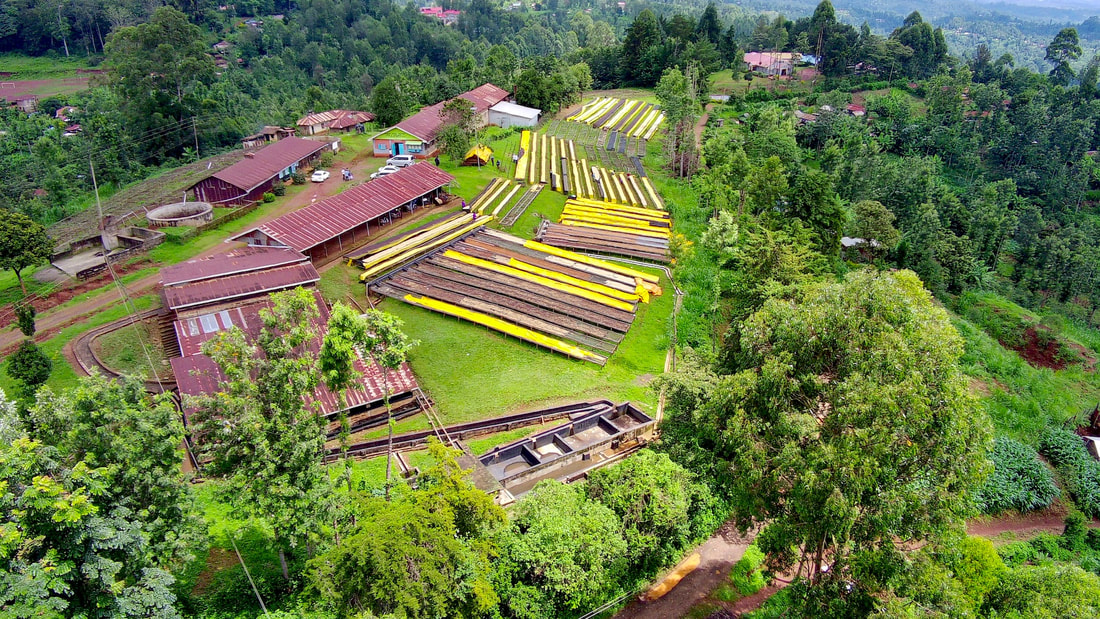
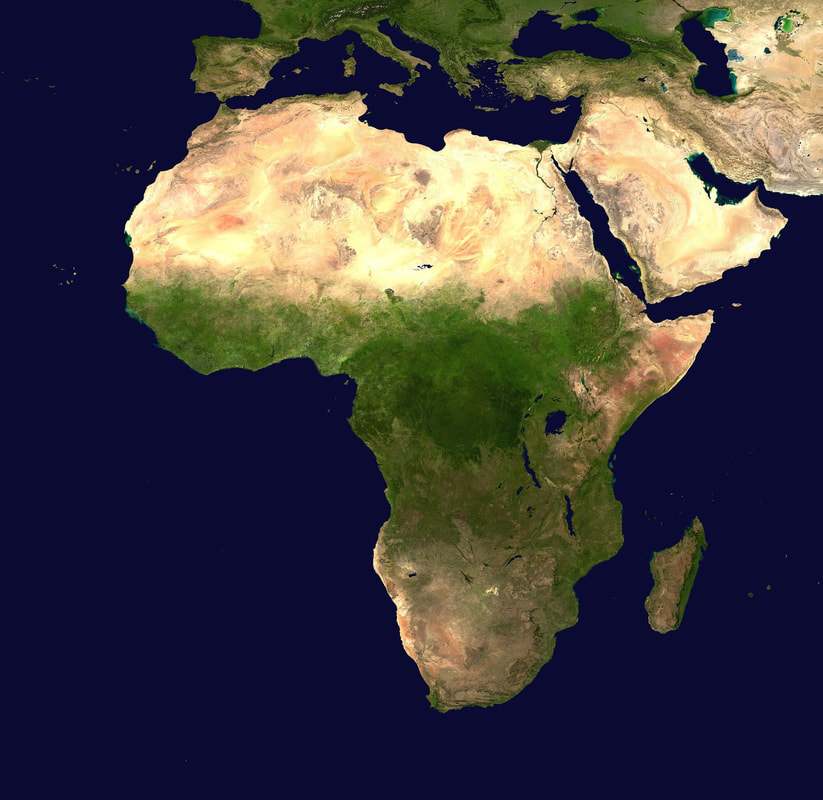
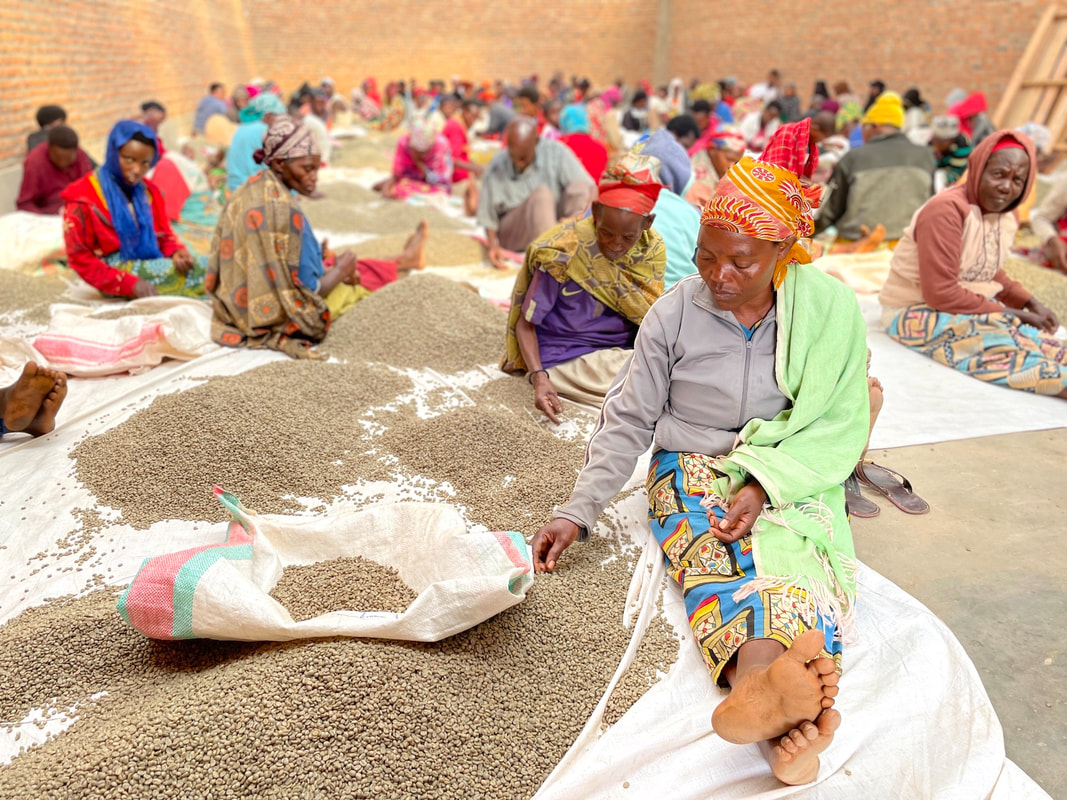
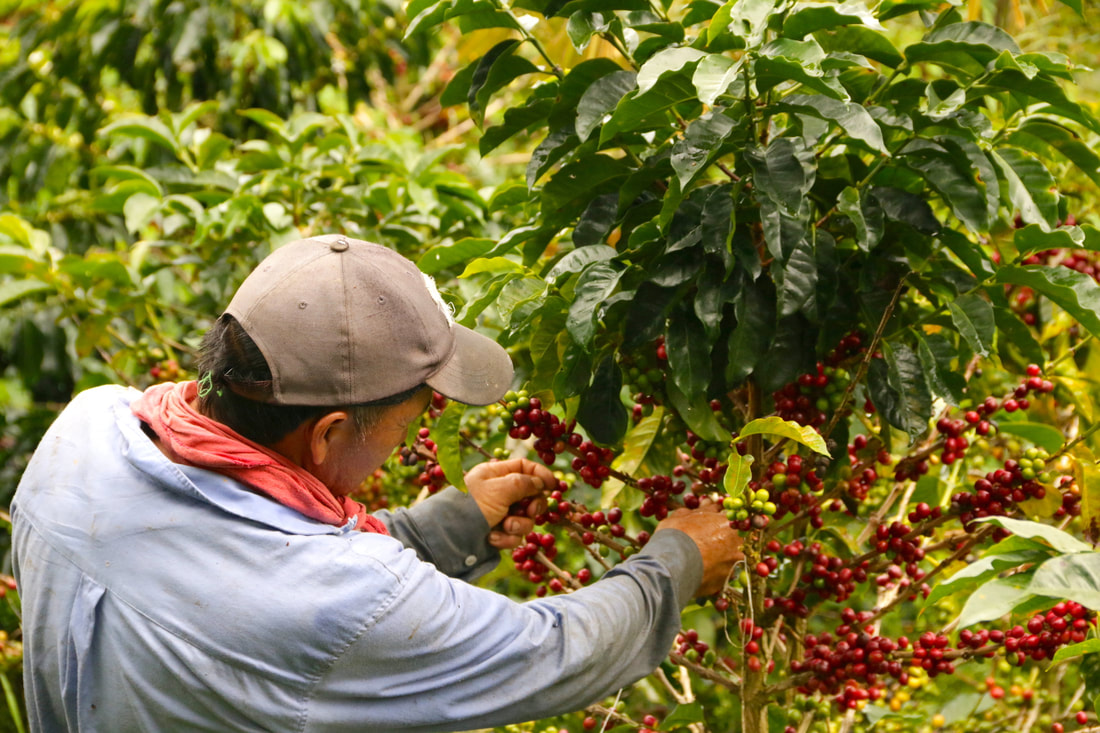
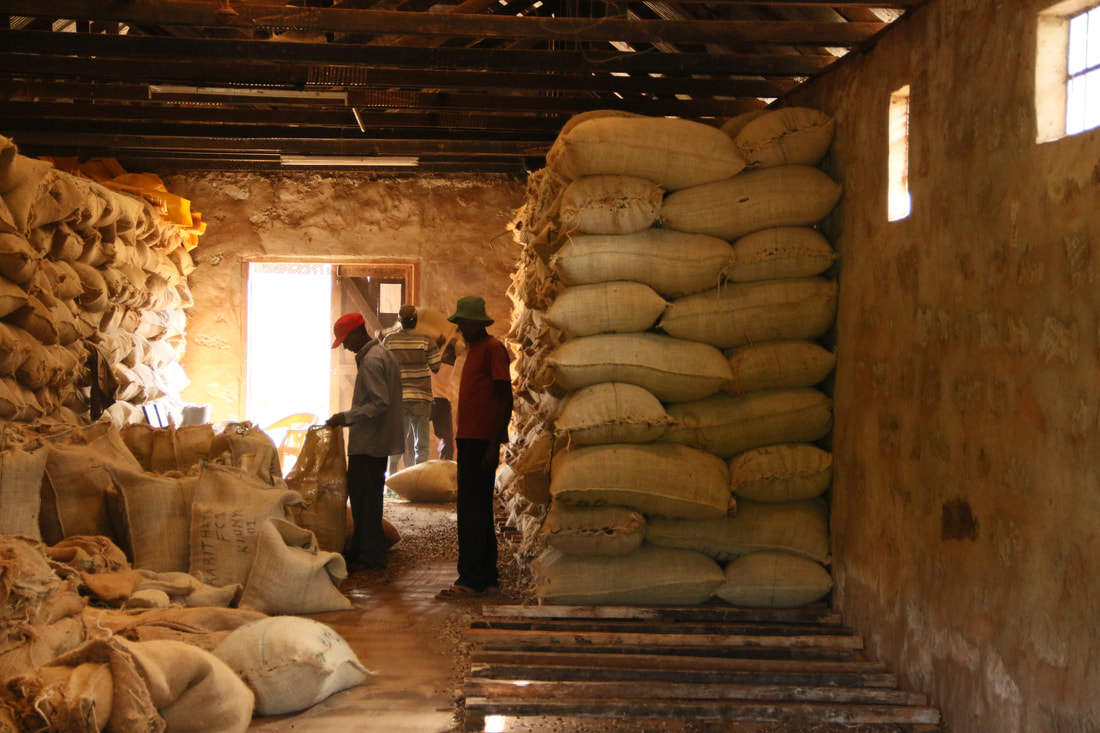
 RSS Feed
RSS Feed